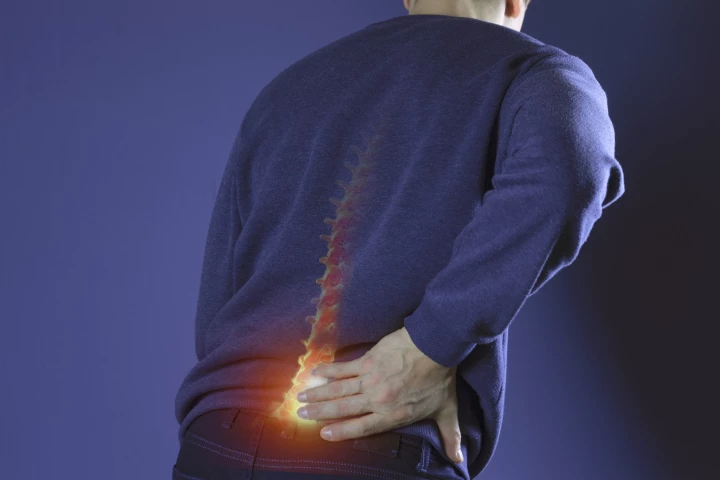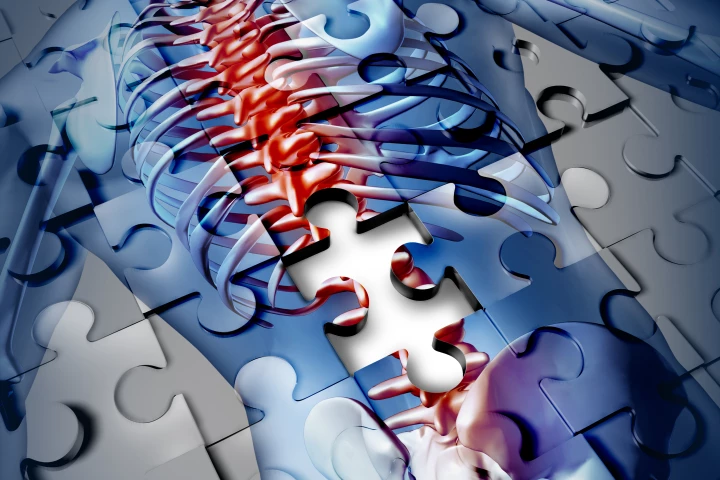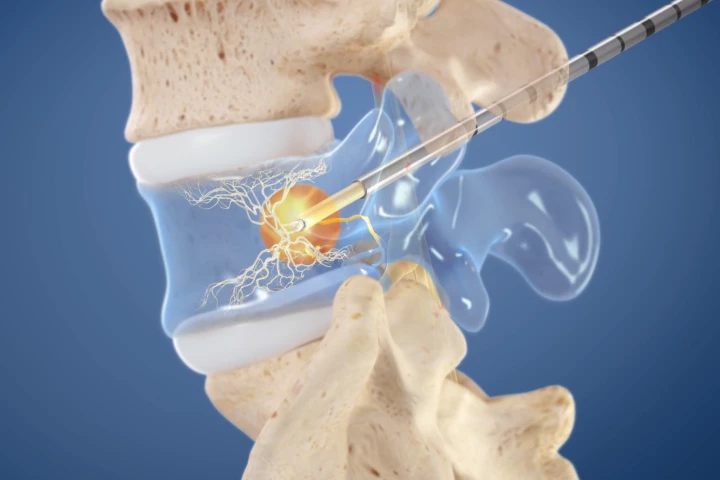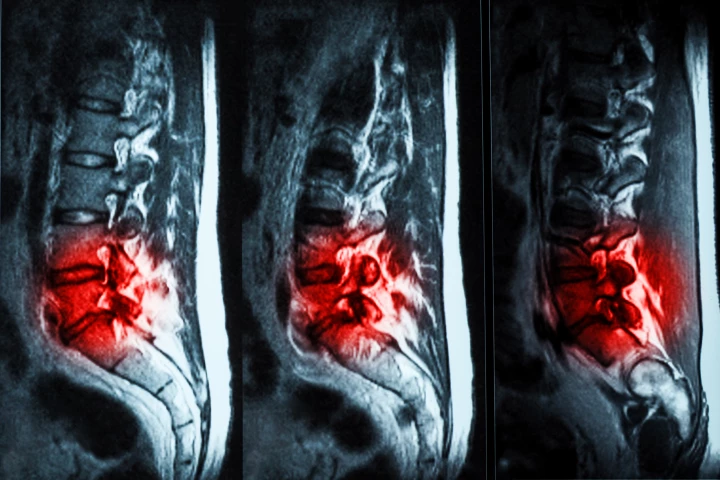Back Pain
-
In the first study of its kind, research has shown that run-walk sessions are an acceptable exercise for many people who suffer from chronic lower back pain. While it won't suit everyone, it may benefit, rather than hinder, health and pain management.
-
For the first time, researchers have shown how a simple walking plan can deliver significant, long-lasting relief from recurring lower back pain. Until now, this common-sense activity has been seen as a something to include in treatment, not focus on.
-
It feels like back pain comes for many of us at some point in our lives, and it’s tricky to treat. A new gene therapy, which repairs damaged discs and reduces pain, has shown promise in mouse tests.
-
In big news for the millions who suffer from chronic lower back pain due to degraded disks, scientists have made a potentially huge breakthrough in understanding its cause at a microscopic level, paving the way for effective cell therapy to relieve it.
-
In some heartening news for the 80% of Americans who will endure spinal sensitivity, researchers have found that an existing drug can be redeployed to target senescent osteoclasts – to not just take the pain away but help prevent it from coming back.
-
Despite their risks, opioids are commonly prescribed as a first-line treatment for acute lower back and neck pain. Researchers have found that, compared to opioids, a placebo is more effective in reducing acute – short-term – back and neck pain.
-
Sadly, there's no magic bullet for chronic back pain (yet). However, a new treatment that tackles both psychological and physical limitations has had a remarkable impact on pain relief and mobility, and now therapists hope to roll it out worldwide.
-
A study of 15,000 adults suffering from acute lower back pain found that not only is the effectiveness of the medicines uncertain, but that the scientific evidence base used to inform good healthcare decisions is shockingly "fragile and incomplete."
-
Sufferers of chronic lower back pain know there's no magic bullet when it comes to easing the often debilitating symptoms of degenerative disk disease. But new regenerative cell therapy delivered with a single injection is hoping to be just that.
-
Persistent lower back pain is a debilitating problem for millions of people around the world and it’s not something that is easily treated, but a technology called Intracept is making waves in this space.
-
Human trials have shown that hydrogel injections are a promising, effective treatment for chronic lower back pain caused by degenerative disc disease (DDD). The treatment is far less invasive than other surgeries, and has been given FDA approval.
-
A new study led by researchers at McGill University challenges current notions of how acute pain is treated. The findings suggest treating some forms of acute pain with anti-inflammatory drugs may actually increase the risk of that pain developing into a chronic condition.
Load More











